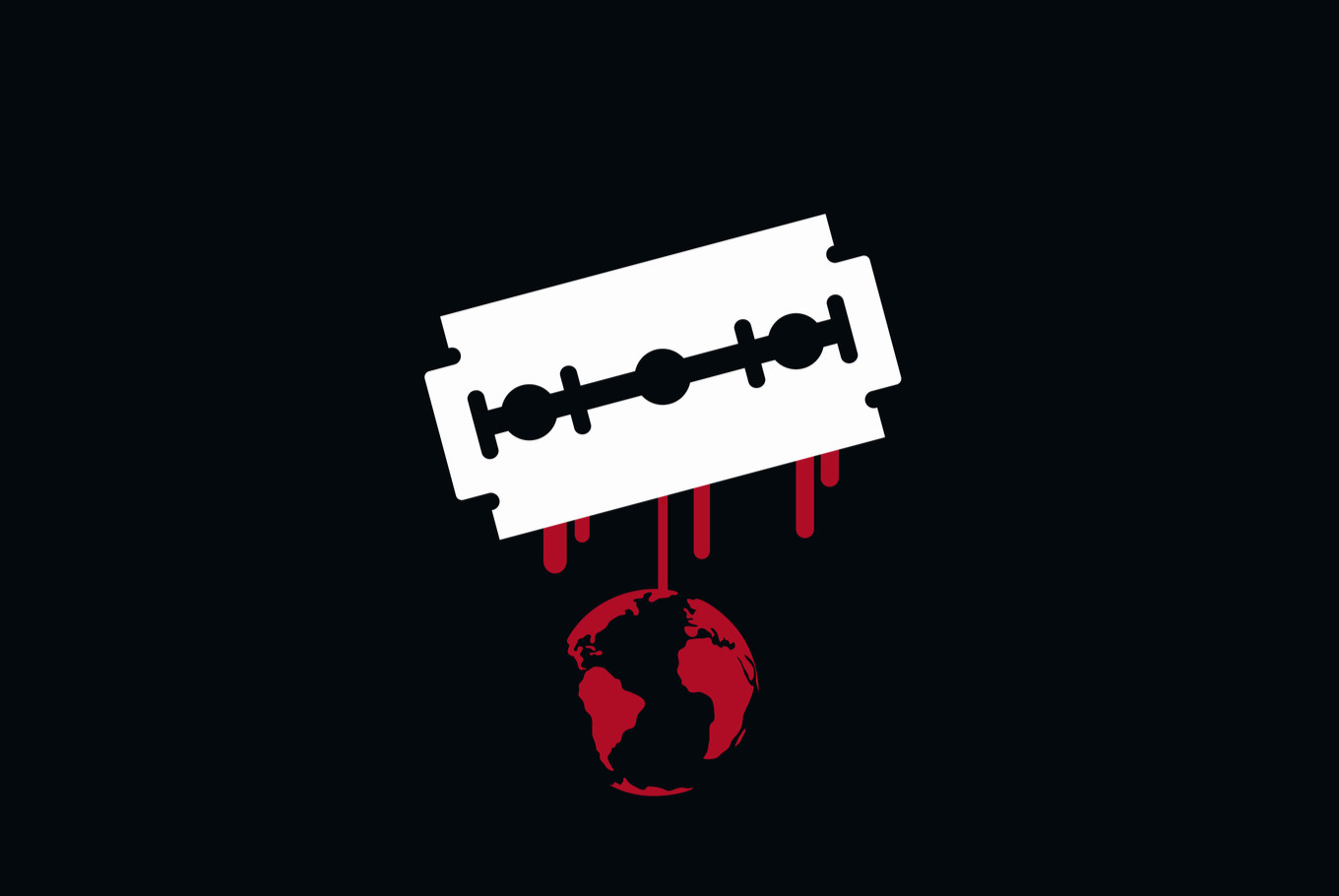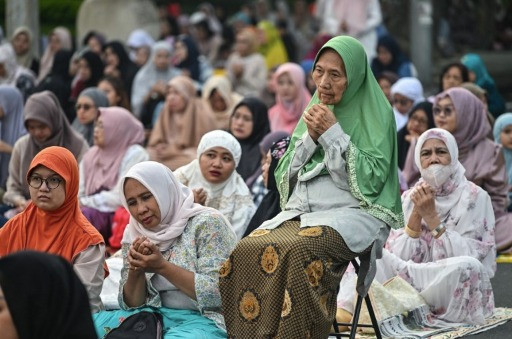Global concerted efforts a must to eliminate FGM
Not only is the practice a form of extreme violence, it is also an extreme form of discrimination.
Change Size
 Feb. 6 is International Day of Zero Tolerance for Female Genital Mutilation (FGM). (Shutterstock.com/BeataGFX)
Feb. 6 is International Day of Zero Tolerance for Female Genital Mutilation (FGM). (Shutterstock.com/BeataGFX)
I
n the 21st century, female genital mutilation (FGM) remains in place in many parts of the world, including in Indonesia, with social norms and cultural tradition often playing a considerable role in justifying the practice.
At least 200 million girls and women around the world have undergone female genital mutilation, while another 3 million are at risk of experiencing it in various countries. In Indonesia, the Basic Health Research (Riskesdas) in 2013 discovered that 51 percent of girls up to the age of 11 had been circumcised, nearly three quarters of them at between 1 and 5 months old.
Numerous reasons persist as to why many communities are still practicing FGM, but the huge disparity between sexes is at the center of it is. Most of the communities that still force their female members to undergo genital mutilation espouse extreme beliefs in male superiority and the female’s supposed submission.
Even older female members of the community who have undergone the practice and experienced the pain are forcing their descendants to undergo the same procedure out of concern about their daughters’ marriageability, social acceptance and loss of protection from the community.
Female genital mutilation is, at its core, a violation of girl’s and women’s human rights. It violates many of their rights, such as the right to health, security and physical integrity; to be free from torture, cruelty, as well as inhumane and/or degrading treatment; and the right to life. Moreover, as female genital mutilation is often carried out on minors, it is a violation of children’s right to be free from violence and abuse.
Not only is the practice a form of extreme violence, it is also an extreme form of discrimination. The practice stems from the belief that females are not equal to their male peers, thus downgrading a female's personality to their sexual organs. It belittles a female's potential and ability to fully participate in the community.
The practice comes with severe consequences such as excessive bleeding (hemorrhage), genital tissue swelling, extreme pain, infection, urinary problems, fever, injury around the genital area, shock and even death. The long-term complications are varied, such as difficulty menstruating, urinary and vaginal problems, keloid and scar tissue damage, sexual problems, increased risk in childbirth, the need for later surgery (deinfibulation) and psychological problems (depression, PTSD, etc.).
Internationally concerted efforts are needed to address the global practice of female genital mutilation, some of which are proposed as follows:
First, by means of a binding resolution, the United Nations must urge all countries around the world to condemn all forms of FGM. The resolution should aim to require all vital measures, counting implementing enactment, awareness-raising and apportioning adequate assets to protect women and girls from FGM.
Second, the UN must also include international sanctions against FGM, which shall be applied to government officials and health practitioners involved, in addition to the Compendium of International and National Legal Frameworks on FGM.
The possible prohibition and imposition of sanctions on FGM actors are not currently halfway near to international consensus. The lack of international sanctions poses the risk of driving the practice underground. For this reason, it is of utter importance to pass an internationally binding agreement in order to address FGM.
Third, in addition to an internationally binding agreement, each country must pass national legislation to prohibit its healthcare professionals and other community service providers from carrying out FGM. Enforcement of this national legislation can be adopted from law enforcement and must be carried out in consultation with community and religious leaders as well as other civil society representatives of the community. Mechanisms should be established to review and assess enforcement law regularly.
Fourth, the media can also play an important role in advocating for the elimination of FGM.
Fifth, research and health practitioners must work together to conduct further research and observations about the relative danger of FGM and disseminate their findings to the wider community. This concerted effort may also include high-level training on elements of social and cultural change leading to abandonment of care, predominance of rapid health complications, experiences of female care, mental consequences of female genital mutilation, methods of care for women and young women and birth care strategies that might reduce the adverse effects of female circumcision for mothers and their babies.
Sixth, in accordance with the four pillars of medical ethics (beneficence, non-maleficence, autonomy and justice), healthcare practitioners must not, in any circumstances, carry out FGM. Women have the right to justice and to get the best course of action in terms of health treatment, which should be independent of any social and cultural biases.
This can be achieved effectively by providing women with accessible information regarding their own sexual and reproductive health, making it easier for them to understand the natural bodily functions and harmful consequences of female genital mutilation. Healthcare providers can also play an important role in community outreach, such as through school programs and community health education programs.
Seventh, an internationally independent body dedicated to abolishing FGM must be established to set thorough criteria and indicators, using which healthcare institutions can adopt good practices and governance.
Professional organizations, such as restorative affiliations and nursing, can advance the moral code of preparing medical accreditation. Affiliates for instructors, legal counsel, social specialists and others can also contribute to the eradication of female genital mutilation in their respective areas through exercises such as campaigning, support and conducting appropriate preparatory exercises.
Eighth, the advocacy roles of both national and international nongovernmental organizations, health professional groups and human rights groups, to governments bodies and civil society organizations shall carry considerable influence over FGM policies in countries concerned. In addition, both secular and religious associations can play an important role in interventions that are important to secure supportive environments in changing the mindset of traditional communities and advocating the abandonment of female genital mutilation.
At the end of the day, girls and women should reclaim their rights; to live healthy, to be secure and to be free from torture or any degrading treatment.
The International Day of Zero Tolerance to Female Genital Mutilation on Feb. 6 is the time to spread awareness and to resonate our voice against this gender-based violence. It takes internationally concerted efforts to eliminate FGM, but it also starts from our home by practicing what we preach.
All girls and women are entitled to decide what happens to their bodies.
***
Aulia Shifa Hamida is head of the Collaborative Research Division of Women Beyond Indonesia, where Juita Pane is a staffer.










